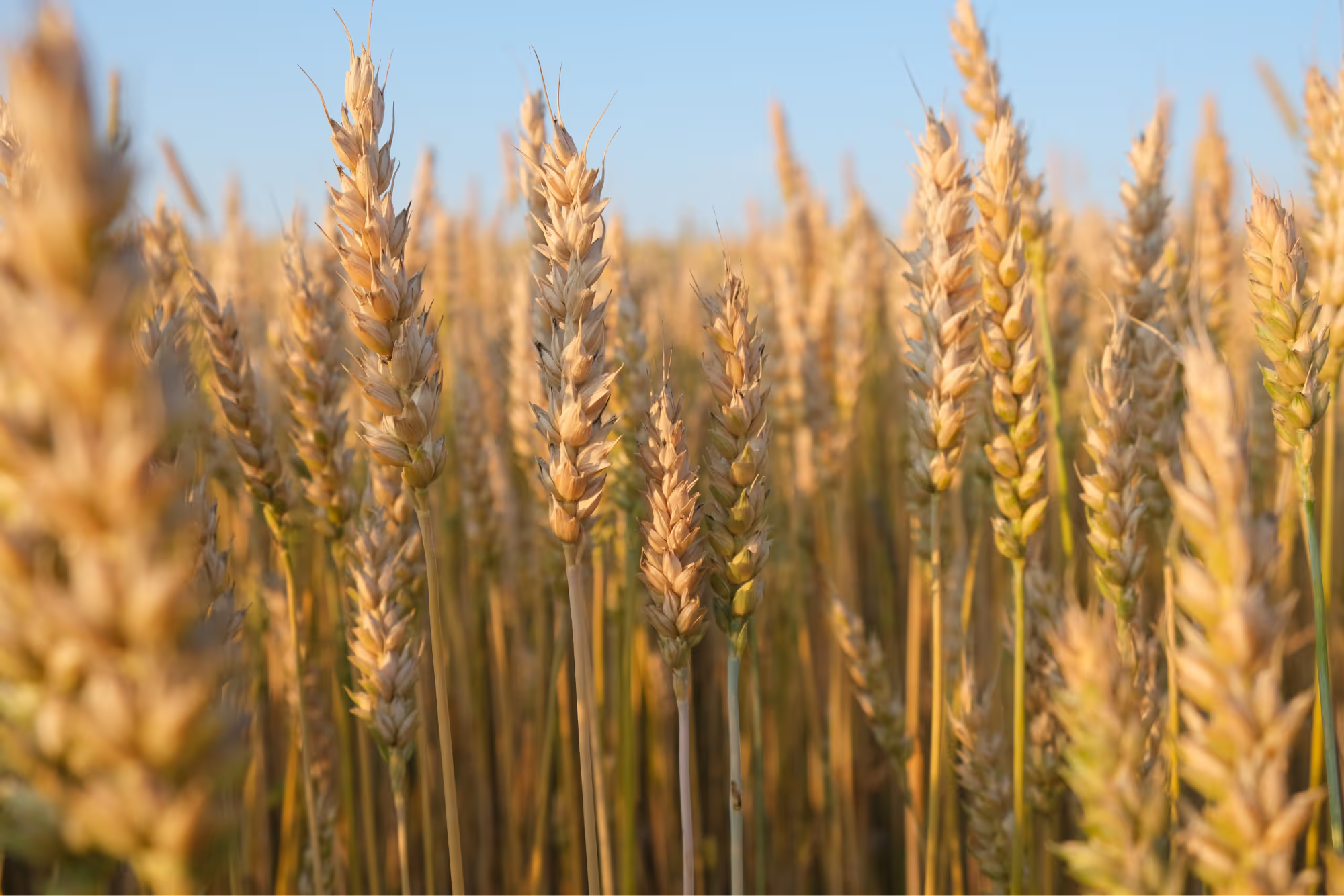
A modern clinic for at-home treatments
(857) 240-1080
Discover detailed allergen information for Golden Corral's Corn Pudding. Stay informed about ingredients and dietary considerations for safe dining.

#1 Online
Allergy Clinic



50,000+
users


Carbohydrates
gr.
Sugar
gr.
Fats
gr.
Proteins
gr.
Calories
Recognizing Symptoms of an Allergic Reaction
When you suspect that you have ingested an allergen from the Corn Pudding at Golden Corral, it is vital to quickly identify the symptoms of an allergic reaction. Common symptoms include:
Recognizing symptoms early is critical for timely treatment.
Immediate Actions to Take
Upon noticing any signs of an allergic reaction, take the following immediate steps:
Acting quickly can help prevent further complications and ensure you receive the care you need.
Seeking Medical Attention
Even if you manage the initial symptoms with your medication, it’s important to visit a healthcare professional. They can provide additional treatment and ensure there are no delayed reactions. Follow up as recommended by your doctor and inform them of the incident.
Long-term Allergy Management
Being prepared for future incidents is crucial. Here are some steps you can take:
Effective management and preparedness can significantly minimize the risks associated with food allergies.
Preventing Future Allergic Reactions
The best way to handle food allergies is to prevent exposure. Here’s how to avoid allergens:
Taking proactive measures can help maintain your health and well-being.
Want to enjoy your favorite foods without allergy hassles? Try immunotherapy with Curex!
Take a QuizReview your allergy test results with a Curex allergist.

Simple Changes, Stunning Results—Combine Your Diet with Our Weight Loss Medication
Learn More

Discover everything you need to know about enjoying Corn Pudding from Golden Corral safely. This guide offers essential details on allergens, nutritional information, and helpful steps to take if you accidentally consume something you’re allergic to. Whether you're planning your next visit or want to make informed choices for yourself or your family, this resource will ensure you can enjoy this popular dish with confidence and peace of mind.

Corn Pudding from Golden Corral contains milk, which is a common allergen that can cause reactions in individuals with lactose intolerance or milk protein allergies.

Corn Pudding from Golden Corral contains eggs, a common allergen that can provoke allergic reactions in individuals sensitive to egg proteins.

Golden Corral's Corn Pudding contains soy as an ingredient, which may trigger allergic reactions in individuals with a soy allergy. It's important for those sensitive to soy to avoid consuming this dish to prevent potential adverse effects.

The Corn Pudding from Golden Corral contains wheat, which may pose a risk for individuals with wheat allergies or gluten sensitivities. It is important for those affected to exercise caution and seek alternatives.

Golden Corral's Corn Pudding contains gluten, which is a protein found in wheat that can trigger adverse reactions for individuals with gluten sensitivities or celiac disease.

Corn pudding from Golden Corral contains corn, which is a potential allergen for some individuals. It can cause allergic reactions ranging from mild symptoms like itching and hives to more severe responses such as difficulty breathing and anaphylaxis. If you have a corn allergy, it's important to avoid this dish to prevent any adverse reactions.

Recognizing Symptoms of an Allergic Reaction
When you suspect that you have ingested an allergen from the Corn Pudding at Golden Corral, it is vital to quickly identify the symptoms of an allergic reaction. Common symptoms include:
Recognizing symptoms early is critical for timely treatment.
Immediate Actions to Take
Upon noticing any signs of an allergic reaction, take the following immediate steps:
Acting quickly can help prevent further complications and ensure you receive the care you need.
Seeking Medical Attention
Even if you manage the initial symptoms with your medication, it’s important to visit a healthcare professional. They can provide additional treatment and ensure there are no delayed reactions. Follow up as recommended by your doctor and inform them of the incident.
Long-term Allergy Management
Being prepared for future incidents is crucial. Here are some steps you can take:
Effective management and preparedness can significantly minimize the risks associated with food allergies.
Preventing Future Allergic Reactions
The best way to handle food allergies is to prevent exposure. Here’s how to avoid allergens:
Taking proactive measures can help maintain your health and well-being.

.webp)


Treatment prescribed
by clinician


Clinicaly made allergen extracts are customized for your allergies


Your immune system gets desensitized to allergens, giving you long-term relief.